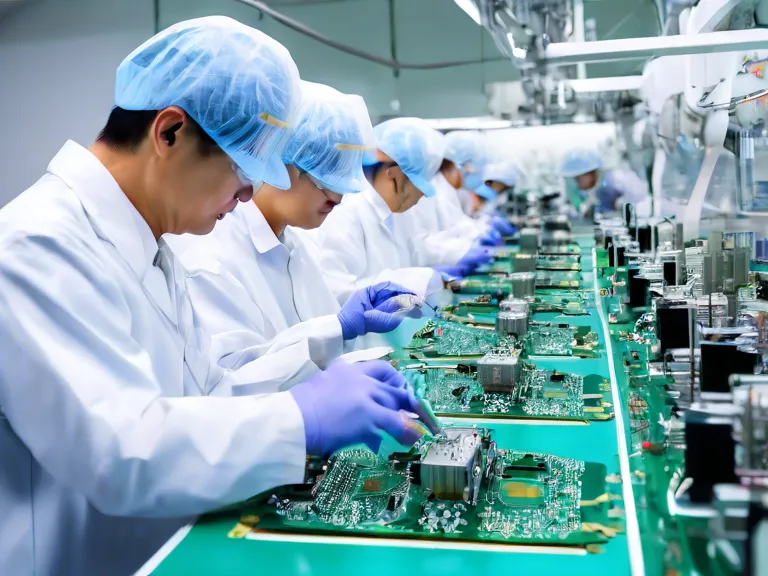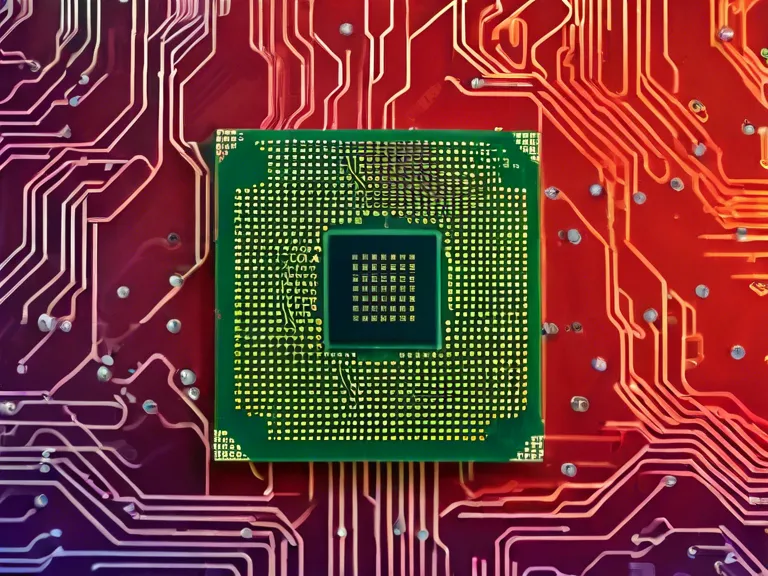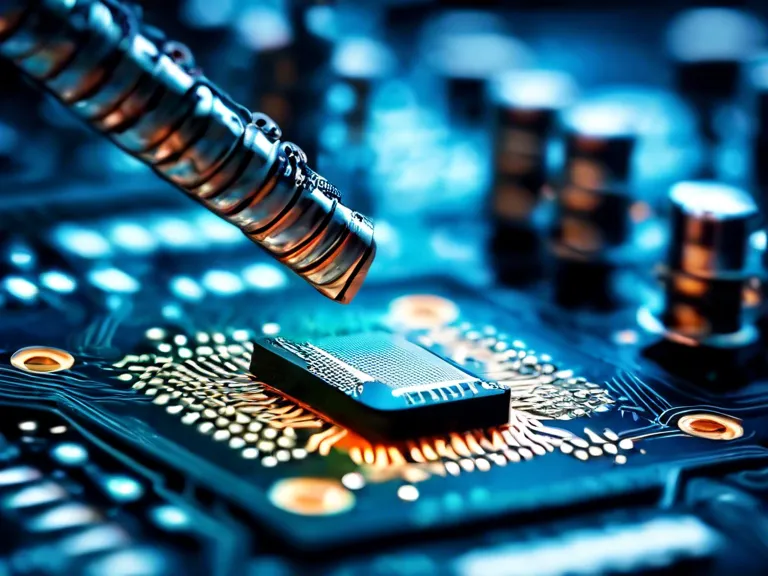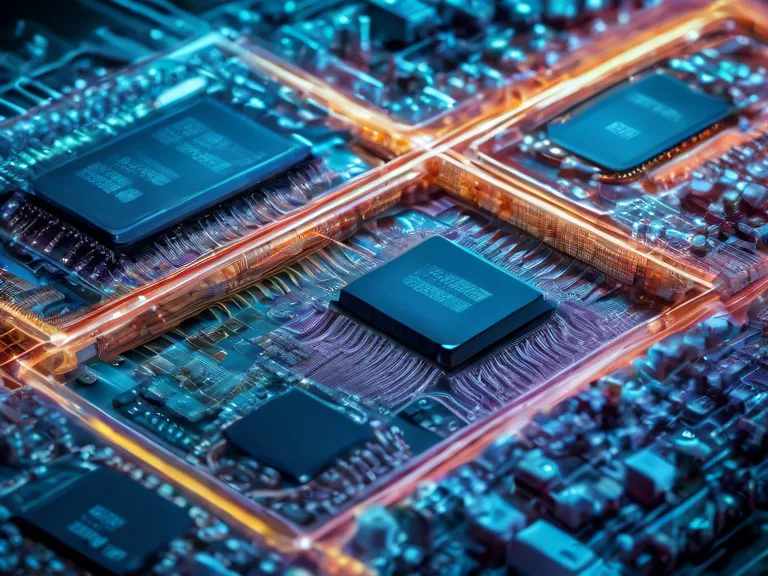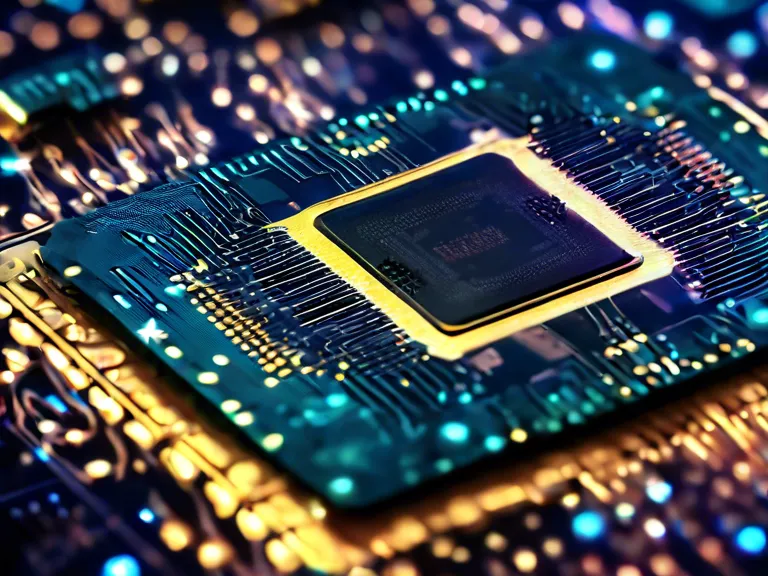
Semiconductors and computing power have come a long way in the past few decades, but what does the future hold for chip technology? With advancements in artificial intelligence, Internet of Things, and quantum computing on the horizon, the possibilities seem endless. This article delves into the innovations that could shape the future of chip technology and computing power.
One of the most exciting developments in chip technology is the rise of advanced materials. Traditional silicon chips are reaching their limits in terms of speed and efficiency, leading researchers to explore new materials such as gallium nitride and carbon nanotubes. These materials not only promise faster computing speeds but also lower power consumption, resulting in more energy-efficient devices.
Another key trend in chip technology is the move towards smaller and more powerful chips. As the demand for compact, high-performance devices grows, chip manufacturers are investing heavily in technologies such as 3D stacking and advanced packaging techniques to cram more computing power into smaller spaces. This trend is driving innovations in fields such as mobile devices, automotive electronics, and wearable technology.
Artificial intelligence (AI) is also playing a significant role in shaping the future of chip technology. AI requires massive amounts of processing power to train neural networks and run complex algorithms, leading to the development of specialized AI chips. These chips are optimized for tasks such as machine learning, computer vision, and natural language processing, paving the way for smarter, more efficient AI systems.
In addition to AI, the Internet of Things (IoT) is driving demand for chips that can handle a wide range of data-intensive tasks. From smart home devices to industrial sensors, IoT devices are generating massive amounts of data that need to be processed quickly and efficiently. This has led to the development of specialized IoT chips that can parse and analyze data in real-time, enabling a new generation of connected devices.
Looking even further into the future, quantum computing holds the promise of revolutionizing chip technology as we know it. Quantum chips harness the power of quantum mechanics to perform calculations at speeds far beyond what is possible with classical computing. While still in the early stages of development, quantum chips have the potential to tackle complex problems in fields such as cryptography, drug discovery, and materials science.
As we look ahead to the future of chip technology, it is clear that the possibilities are endless. From advanced materials to AI, IoT, and quantum computing, the innovations shaping the future of chip technology are poised to revolutionize the way we interact with technology and the world around us.
